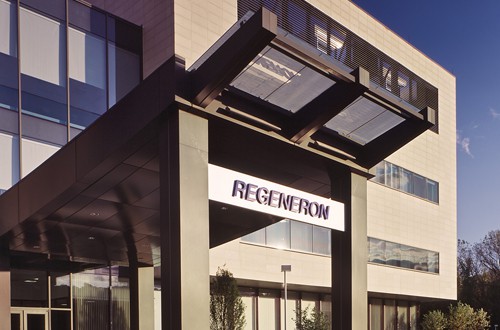
Regeneron has said it will end the development of its late-stage candidate for the prevention of respiratory syncytial virus (RSV) infections after disappointing results in a phase III trial.
The failure of suptavumab to hit the mark in the NURSERY study removes a potential rival for AstraZeneca’s RSV candidate MEDI8897 – recently partnered with Sanofi – which is currently in phase IIb testing.
Regeneron said that suptavumab (formerly REGN222) failed to meet its primary endpoint of preventing medically attended RSV infections in re-term infants, who are at elevated risk of contracting the viral infection. The trial enrolled 1,149 infants who were randomised to treatment with either two doses of suptavumab delivered eight weeks apart, or a matched placebo.
RSV infection rates were compared after 150 days, with patients considered medically attended if they were hospitalised or sought medical attention for an RSV infection.
RSV infections represent a substantial burden and is estimated that around one in five infants under the age of six months require medical attention for RSV annually. At the moment the only approved prophylaxis against the virus is AZ’s Synagis (palivizumab) which brought in $677m in sales last year.
Synagis has previously been a $1bn-plus product, but has seen its sales shrink thanks to the start of generic competition in some markets. The limitations of the drug, particularly the need for monthly administration and a high dose that needed to be delivered using multiple injections, prompted Regeneron to try to develop an improved product.
“We are disappointed in these results, as we had hoped suptavumab might offer a new option for the thousands of infants impacted by serious RSV infections every year,” commented Regeneron’s chief scientific officer George Yancopoulos.
Suptavumab’s demise provides an opportunity for AZ and Sanofi – which had previously partnered with Regeneron on the drug but handed back rights in 2015 – as well as other RSV drug candidates including Johnson & Johnson’s lumicitabine which is in phase II testing and hopefuls from Gilead, Aviragen and Ark Bioscience, among others.
A vaccine candidate – Novavax’ RSV-F – missed the mark in a phase III trial last year but remains in development for adults with RSV.




